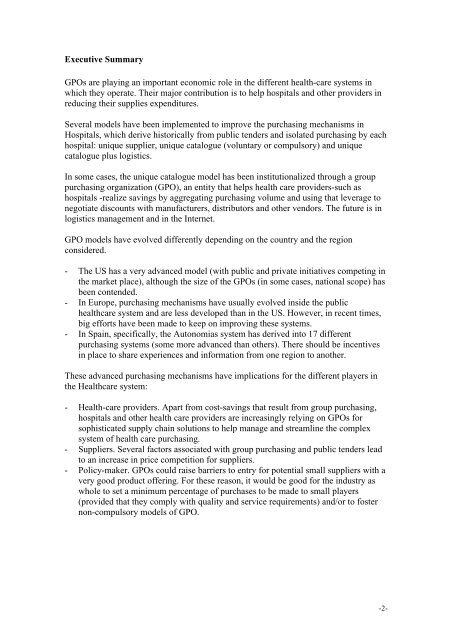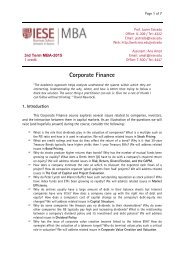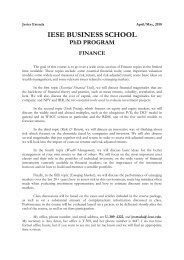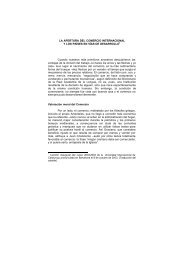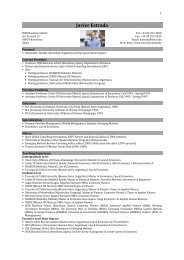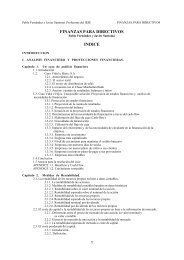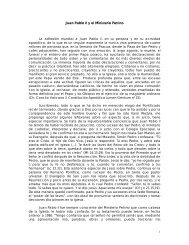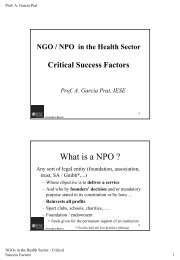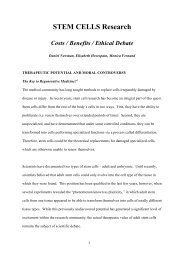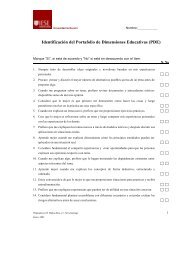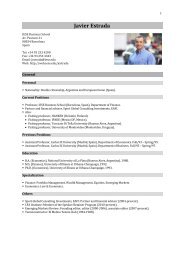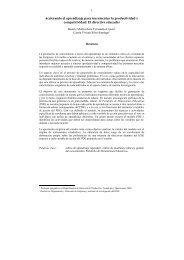GPOs and Advances Purchasing Mechanism - IESE Blog Community
GPOs and Advances Purchasing Mechanism - IESE Blog Community
GPOs and Advances Purchasing Mechanism - IESE Blog Community
You also want an ePaper? Increase the reach of your titles
YUMPU automatically turns print PDFs into web optimized ePapers that Google loves.
Executive Summary<br />
<strong>GPOs</strong> are playing an important economic role in the different health-care systems in<br />
which they operate. Their major contribution is to help hospitals <strong>and</strong> other providers in<br />
reducing their supplies expenditures.<br />
Several models have been implemented to improve the purchasing mechanisms in<br />
Hospitals, which derive historically from public tenders <strong>and</strong> isolated purchasing by each<br />
hospital: unique supplier, unique catalogue (voluntary or compulsory) <strong>and</strong> unique<br />
catalogue plus logistics.<br />
In some cases, the unique catalogue model has been institutionalized through a group<br />
purchasing organization (GPO), an entity that helps health care providers-such as<br />
hospitals -realize savings by aggregating purchasing volume <strong>and</strong> using that leverage to<br />
negotiate discounts with manufacturers, distributors <strong>and</strong> other vendors. The future is in<br />
logistics management <strong>and</strong> in the Internet.<br />
GPO models have evolved differently depending on the country <strong>and</strong> the region<br />
considered.<br />
- The US has a very advanced model (with public <strong>and</strong> private initiatives competing in<br />
the market place), although the size of the <strong>GPOs</strong> (in some cases, national scope) has<br />
been contended.<br />
- In Europe, purchasing mechanisms have usually evolved inside the public<br />
healthcare system <strong>and</strong> are less developed than in the US. However, in recent times,<br />
big efforts have been made to keep on improving these systems.<br />
- In Spain, specifically, the Autonomias system has derived into 17 different<br />
purchasing systems (some more advanced than others). There should be incentives<br />
in place to share experiences <strong>and</strong> information from one region to another.<br />
These advanced purchasing mechanisms have implications for the different players in<br />
the Healthcare system:<br />
- Health-care providers. Apart from cost-savings that result from group purchasing,<br />
hospitals <strong>and</strong> other health care providers are increasingly relying on <strong>GPOs</strong> for<br />
sophisticated supply chain solutions to help manage <strong>and</strong> streamline the complex<br />
system of health care purchasing.<br />
- Suppliers. Several factors associated with group purchasing <strong>and</strong> public tenders lead<br />
to an increase in price competition for suppliers.<br />
- Policy-maker. <strong>GPOs</strong> could raise barriers to entry for potential small suppliers with a<br />
very good product offering. For these reason, it would be good for the industry as<br />
whole to set a minimum percentage of purchases to be made to small players<br />
(provided that they comply with quality <strong>and</strong> service requirements) <strong>and</strong>/or to foster<br />
non-compulsory models of GPO.<br />
-2-


